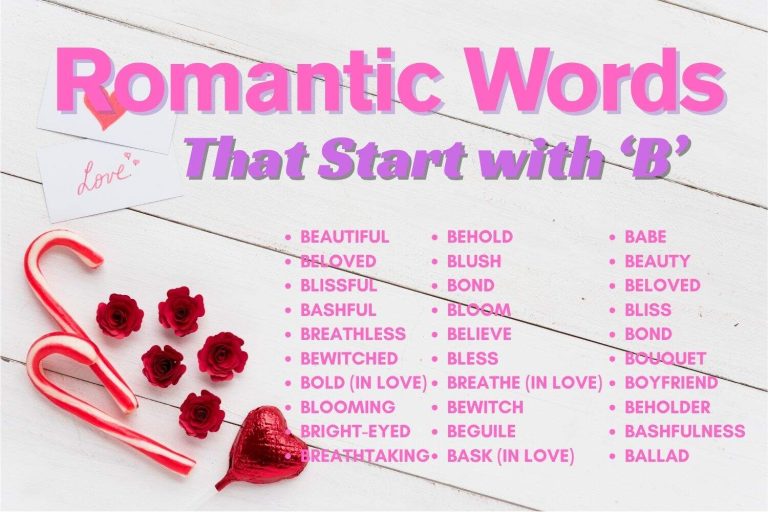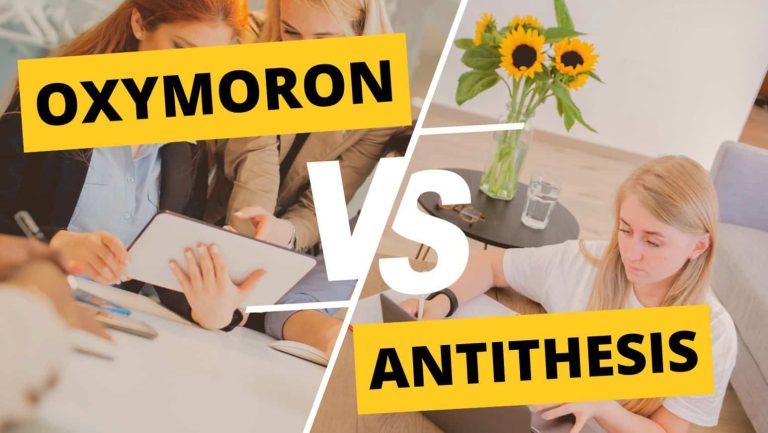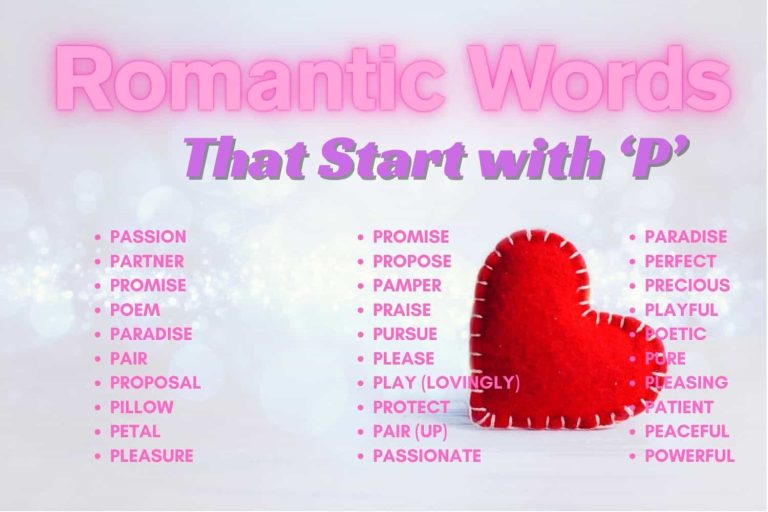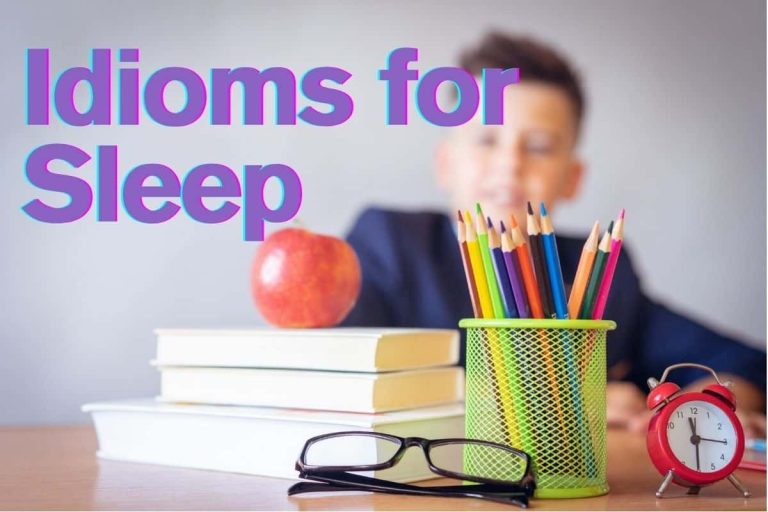Opened vs. Openned: Understanding the Correct Past Tense of Open
Choosing the correct past tense form of a verb is crucial for clear and accurate communication in English. One common point of confusion is whether the past tense of “open” is “opened” or “openned.” This article will thoroughly explore the correct form, “opened,” explaining its proper usage, common mistakes to avoid, and providing numerous examples to solidify your understanding.
Whether you’re an English language learner or simply looking to refine your grammar skills, this guide will equip you with the knowledge and confidence to use “opened” correctly in any context.
This article is designed for English language learners of all levels, from beginners to advanced speakers. Native English speakers who want to brush up on grammar rules will also find it useful.
By the end of this article, you will have a clear understanding of when and how to use “opened” correctly, and you will be able to avoid common errors.
Definition of “Opened”
“Opened” is the past tense and past participle of the verb “open.” The verb “open” means to allow access, to make something accessible, or to begin something. It can refer to physical actions, such as opening a door, or more abstract concepts, such as opening a business.
“Opened” signifies that this action of opening has already occurred.
Classification: “Open” is a regular verb. Regular verbs form their past tense and past participle by adding “-ed” to the base form. This makes “opened” a standard and predictable form.
Function: “Opened” functions as the past tense to describe actions that happened in the past. It also functions as a past participle, which can be used in perfect tenses (e.g., “have opened”) and as an adjective (e.g., “the opened door”).
Contexts: “Opened” can be used in a wide variety of contexts, including:
- Describing the action of making something accessible: “She opened the window to let in some fresh air.”
- Referring to the beginning of an event or period: “The store opened at 9 AM.”
- Describing the start of a process: “He opened the discussion with a controversial statement.”
- In passive voice constructions: “The letter was opened by the secretary.”
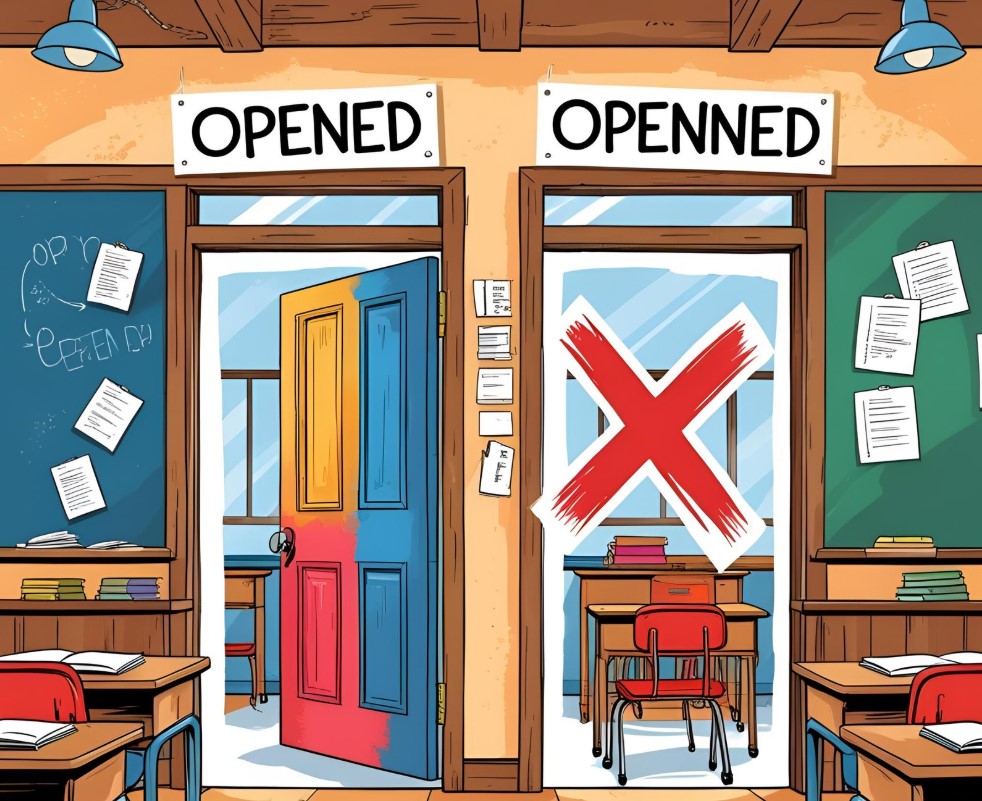
Structural Breakdown of “Opened”
The structure of “opened” is straightforward: it consists of the base verb “open” plus the past tense suffix “-ed.” This formation is characteristic of regular verbs in English. Understanding this basic structure helps to reinforce why “openned” is incorrect.
The addition of “-ed” signals that the action is completed and exists in the past. This is a fundamental concept in English verb conjugation.
Here’s a breakdown:
- Base Form: open
- Past Tense/Past Participle: open + ed = opened
The simplicity of this structure is key. There is no need to double the ‘n’ when forming the past tense of “open” because the stress is not on the last syllable, and the word does not end in a single vowel followed by a single consonant in a stressed syllable.
This rule applies to verbs like *stop* (stopped), *plan* (planned) but not to *open* (opened).
Types and Categories of “Open” Usage
The verb “open” can be used in various contexts, which influences the specific meaning of “opened.” Here are some key categories:
Physical Opening
This refers to the literal act of making something accessible by removing a barrier or obstruction.
Example: “He opened the box carefully.”
Figurative Opening
This refers to a more abstract sense of beginning, revealing, or making something available in a non-physical way.
Example: “The speech opened my eyes to new possibilities.”
Transitive and Intransitive Usage
“Open” can be used transitively (taking a direct object) or intransitively (not taking a direct object).
- Transitive: She opened the door. (The door is the direct object.)
- Intransitive: The store opened early today. (No direct object.)
Use as an Adjective
The past participle “opened” can function as an adjective, describing something that has been opened.
Example: “The opened letter lay on the desk.”
Examples of “Opened” in Sentences
To illustrate the correct usage of “opened,” here are several examples categorized by different contexts. These examples will help you understand how “opened” functions in various sentence structures and situations.
Examples of “Opened” in the Past Tense (Simple Past)
The following table provides examples of “opened” used in the simple past tense, describing actions that were completed at a specific time in the past. The simple past is one of the most common ways to use “opened.”
| Sentence | Context |
|---|---|
| She opened the window to get some fresh air. | Physical action |
| The museum opened its doors to the public last year. | Figurative action |
| He opened the meeting with a warm welcome. | Starting an event |
| I opened my present on Christmas morning. | Receiving a gift |
| The chef opened a new restaurant downtown. | Starting a business |
| The detective opened the case file and began to read. | Starting an investigation |
| The pianist opened the concert with a beautiful sonata. | Starting a performance |
| The company opened a branch office in Tokyo. | Expanding business operations |
| The gardener opened the gate to the garden. | Allowing access |
| The programmer opened the source code to review it. | Accessing information |
| The student opened her textbook to page one. | Starting to study |
| The surgeon opened the incision to perform the operation. | Medical procedure |
| The negotiator opened talks with the other party. | Starting negotiations |
| The explorer opened a new route through the mountains. | Discovering a path |
| The judge opened the court session promptly. | Legal proceeding |
| The author opened the novel with a gripping prologue. | Literary technique |
| The team opened their training camp for the season. | Sports activity |
| The baker opened the oven to check on the bread. | Cooking process |
| The child opened his eyes after a long nap. | Waking up |
| The conference opened with a keynote speech. | Formal event |
| The magician opened the show with an impressive illusion. | Entertainment performance |
| The farmer opened the silo to feed the cattle. | Agricultural task |
| The librarian opened the library early for the students. | Service provision |
| The artist opened the exhibition to showcase his work. | Artistic display |
| The scientist opened the experiment to gather data. | Scientific research |
| The technician opened the computer to repair the hardware. | Technical repair |
| The diplomat opened channels of communication with the rival nation. | Political process |
| The activist opened a campaign to raise awareness about the issue. | Social cause |
| The entrepreneur opened a startup with innovative ideas. | Business venture |
| The historian opened the archives to uncover the truth. | Historical research |
Examples of “Opened” in the Past Participle (Perfect Tenses)
The following table illustrates the usage of “opened” as a past participle in perfect tenses, such as the present perfect, past perfect, and future perfect. Understanding how to use “opened” in these tenses is essential for expressing complex timelines and relationships between events.
| Sentence | Tense | Context |
|---|---|---|
| She has opened the package. | Present Perfect | Action completed recently |
| They had opened the store before I arrived. | Past Perfect | Action completed before another past action |
| By the time you arrive, we will have opened the exhibit. | Future Perfect | Action will be completed before a future time |
| The company has opened several new branches this year. | Present Perfect | Ongoing relevance of past action |
| He had opened his heart to her, revealing his deepest fears. | Past Perfect | Emotional revelation before another event |
| They will have opened the bridge by next summer. | Future Perfect | Anticipated completion in the future |
| The door has been opened by someone. | Present Perfect Passive | Action done by an unknown actor |
| The letter had been opened before it reached him. | Past Perfect Passive | Action completed before another past action in passive voice |
| The case will have been opened by the time the detective arrives. | Future Perfect Passive | Future action completed before another future action in passive voice |
| We have opened a new chapter in our lives. | Present Perfect | Starting a new phase |
| By the time the guests arrived, they had already opened the champagne. | Past Perfect | Preparation before an event |
| The project will have opened new opportunities for the community by next year. | Future Perfect | Expected future benefits |
| The museum has opened a new exhibit featuring ancient artifacts. | Present Perfect | Recent addition |
| Before the storm hit, they had opened the floodgates. | Past Perfect | Preventive measure |
| The university will have opened its new research facility by the end of the year. | Future Perfect | Planned future development |
| The business has opened its doors to international markets. | Present Perfect | Expansion into new areas |
| By the time the police arrived, the suspects had already opened the safe. | Past Perfect | Crime committed before police arrival |
| The company will have opened its annual conference by the time the CEO speaks. | Future Perfect | Event commencement |
| The chef has opened a new cooking school downtown. | Present Perfect | Recent entrepreneurial venture |
| Before the sun rose, the farmers had opened the irrigation system. | Past Perfect | Early morning task |
| The developer will have opened the new housing complex by spring. | Future Perfect | Construction project completion |
| The doctor has opened a new clinic in the underserved community. | Present Perfect | Healthcare initiative |
| By the time the fire started, the firefighters had already opened the hydrants. | Past Perfect | Emergency response preparation |
| The charity will have opened a new shelter for the homeless by winter. | Future Perfect | Humanitarian effort |
| The school has opened a new program for gifted students. | Present Perfect | Educational enhancement |
| Before the negotiations began, the diplomats had opened channels of communication. | Past Perfect | Diplomatic process initiation |
| The city will have opened a new park by the time the festival starts. | Future Perfect | Community amenity enhancement |
| The author has opened a new world to readers through her writing. | Present Perfect | Creative literary achievement |
| By the time the auction started, the organizers had already opened the bidding. | Past Perfect | Auction procedure commencement |
Examples of “Opened” as an Adjective
The following table showcases “opened” used as an adjective, modifying a noun to describe something that has been opened. This usage adds descriptive detail to sentences and provides information about the state of the noun.
| Sentence | Context |
|---|---|
| The opened letter revealed a shocking secret. | Describing a revealed message |
| He left the opened book on the table. | Describing a book that is not closed |
| The opened window let in a cool breeze. | Describing a window that is ajar |
| She stared at the opened box, curious about its contents. | Describing a container that is not sealed |
| The opened door was an invitation to enter. | Describing an accessible entrance |
| The opened envelope contained the long-awaited invitation. | Describing an unsealed mail item |
| The opened laptop displayed the presentation slides. | Describing a device ready for use |
| The opened file contained sensitive information. | Describing an accessible document |
| The opened bottle of wine was quickly consumed. | Describing a beverage ready to drink |
| The opened gate allowed the animals to roam freely. | Describing a passage that is not blocked |
| The opened map guided the travelers to their destination. | Describing an unfolded navigation tool |
| The opened diary revealed her innermost thoughts. | Describing a personal journal that is not private |
| The opened umbrella provided shelter from the rain. | Describing a protective device that is deployed |
| The opened package contained a surprise gift. | Describing an unsealed present |
| The opened journal lay on her desk, filled with memories. | Describing a personal record that is exposed |
| The opened can of soda fizzed on the counter. | Describing a beverage that is unsealed |
| The opened curtains allowed sunlight to flood the room. | Describing window coverings that are drawn back |
| The opened folder held important documents. | Describing a container that is unclosed |
| The opened carton of milk needed to be refrigerated. | Describing a container that is unsealed |
| The opened bag of chips was quickly emptied. | Describing a snack container that is unsealed |
| The opened book, forgotten, lay face down on the carpet. | Describing a book left ajar and neglected |
| The opened locket revealed a tiny photograph. | Describing a piece of jewelry with a secret revealed |
| The opened parachute ensured a safe landing. | Describing a safety device that is deployed |
| The opened storefront welcomed customers inside. | Describing a business that is in operation |
| The opened medicine cabinet showed an array of remedies. | Describing a storage place for medicine that is accessible |
| The opened sketchbook displayed various sketches. | Describing a collection of drawings that are exposed |
| The opened treasure chest revealed gold and jewels. | Describing a container with valuable contents revealed |
| The opened telescope allowed a view of distant stars. | Describing a device ready for observation |
| The opened wound required immediate medical attention. | Describing an injury that is exposed and vulnerable |
Usage Rules for “Opened”
The usage rules for “opened” are relatively straightforward, as it is a regular verb. However, it’s important to understand the context in which it is used to ensure correct application.
- Past Tense: Use “opened” to describe actions that were completed in the past.
- Past Participle: Use “opened” in perfect tenses (present perfect, past perfect, future perfect) and in passive voice constructions.
- Adjective: Use “opened” as an adjective to describe something that has been opened.
Exceptions: There are no specific exceptions to the rule that “opened” is the correct past tense and past participle of “open.”
Special Cases: Be mindful of the context to choose the correct tense and form. For example, use the past continuous tense (“was opening”) to describe an action in progress in the past: “She was opening the door when the phone rang.”
Common Mistakes: “Opened” vs. “Openned”
The most common mistake is spelling “opened” as “openned.” This is incorrect. The verb “open” does not follow the rule where the final consonant is doubled before adding “-ed.” This rule typically applies to verbs where the stress is on the last syllable and the word ends in a single vowel followed by a single consonant, such as “stop” (stopped) or “plan” (planned).
Here’s a table highlighting the correct and incorrect forms:
| Incorrect | Correct |
|---|---|
| I openned the door. | I opened the door. |
| She had openned the letter. | She had opened the letter. |
| The window was openned. | The window was opened. |
| He has openned a new business. | He has opened a new business. |
Practice Exercises
Test your understanding of “opened” with these practice exercises. Fill in the blanks with the correct form of the verb “open.”
Exercise 1: Simple Past Tense
Choose the correct form, “opened” or “openned,” to complete the following sentences.
| Question | Your Answer | Correct Answer |
|---|---|---|
| 1. Yesterday, I ______ a new book. | opened | |
| 2. The store ______ at 9 AM this morning. | opened | |
| 3. She ______ the window to let in some air. | opened | |
| 4. He ______ the meeting with an introduction. | opened | |
| 5. They ______ the gift with excitement. | opened | |
| 6. The chef ______ a new restaurant last week. | opened | |
| 7. The detective ______ the case file carefully. | opened | |
| 8. The musician ______ the concert with a flourish. | opened | |
| 9. The company ______ a new branch in London. | opened | |
| 10. The gardener ______ the gate for the visitors. | opened |
Exercise 2: Perfect Tenses
Fill in the blanks with the correct perfect tense form of “open.”
| Question | Your Answer | Correct Answer |
|---|---|---|
| 1. She ______ (open) the door before I arrived. | had opened | |
| 2. They ______ (open) a new store this year. | have opened | |
| 3. By next week, we ______ (open) the exhibit. | will have opened | |
| 4. The letter ______ (open) by the secretary. | has been opened | |
| 5. He ______ (open) his heart to her. | had opened | |
| 6. The bridge ______ (open) by the mayor. | will have been opened | |
| 7. The company ______ (open) many opportunities. | has opened | |
| 8. By the time we arrived, they ______ (open) the bar. | had opened | |
| 9. The project ______ (open) new avenues for growth. | will have opened | |
| 10. The museum ______ (open) a new wing. | has opened |
Exercise 3: Error Correction
Identify and correct the errors in the following sentences.
| Question | Your Answer | Correct Answer |
|---|---|---|
| 1. I accidently openned the wrong file. | I accidently opened the wrong file. | |
| 2. She had openned her heart to him. | She had opened her heart to him. | |
| 3. The store was already openned when I arrived. | The store was already opened when I arrived. | |
| 4. He openned the present with great excitement. | He opened the present with great excitement. | |
| 5. They have openned a new branch in Asia. | They have opened a new branch in Asia. | |
| 6. The book was openned to page 50. | The book was opened to page 50. | |
| 7. The letter was openned by mistake. | The letter was opened by mistake. | |
| 8. The door was openned wide. | The door was opened wide. | |
| 9. The meeting was openned with a speech. | The meeting was opened with a speech. | |
| 10. The package was openned before delivery. | The package was opened before delivery. |
Advanced Topics: Nuances of “Open”
Beyond the basic rules, “open” and “opened” have some nuanced usages that advanced learners should be aware of.
- Phrasal Verbs: “Open” is often used in phrasal verbs with different meanings. For example:
- Open up: To become more communicative or reveal one’s feelings. “He finally opened up about his past.”
- Open on/onto: To lead to or provide access to. “The door opens onto a beautiful garden.”
- “Open” as an Adjective: “Open” can also be used as an adjective meaning “not closed,” “candid,” or “available.” “The store is open until 9 PM.” “He is very open about his opinions.”
- Figurative Language: “Open” can be used metaphorically to describe opportunities or possibilities. “The new job opened doors for her career.”
Understanding these nuances will allow you to use “open” and “opened” with greater precision and sophistication.
Frequently Asked Questions (FAQ)
Here are some frequently asked questions about the correct usage of “opened.”
Why is “openned” incorrect?
“Openned” is incorrect because “open” is a regular verb that does not require doubling the final consonant before adding “-ed.” The doubling rule generally applies to verbs where the stress is on the last syllable and ends in a single vowel followed by a single consonant. “Open” does not meet these criteria.
Is “opened” ever spelled with two ‘n’s?
No, “opened” is never spelled with two ‘n’s. The correct spelling is always “opened.”
How can I remember that “opened” is the correct spelling?
Associate “opened” with other regular verbs that follow the same pattern, such as “helped,” “walked,” or “talked.” These verbs also add “-ed” without doubling the final consonant.
Can “opened” be used in all past tense contexts?
Yes, “opened” is the correct past tense form of “open” and can be used in all simple past tense contexts. It is also used as the past participle in perfect tenses.
What is the difference between “open” and “opened”?
“Open” is the base form of the verb, used in the present tense or as an infinitive. “Opened” is the past tense and past participle, used to describe actions that have already occurred.
How do I use “opened” in a passive voice sentence?
In a passive voice sentence, “opened” is used with a form of the verb “be.” For example: “The door was opened by the wind.” or “The package has been opened.”
Does “opened” have any other meanings besides the past tense of “open”?
“Opened” primarily functions as the past tense and past participle of “open.” However, it can also function as an adjective, describing something that has been opened. For example, “the opened letter.”
What are some common mistakes people make with the verb “open”?
Besides spelling “opened” as “openned,” some common mistakes include using the wrong tense or mixing up the transitive and intransitive forms of the verb. For example, saying “The store is openning” instead of “The store is opening” (present continuous) or “The store opens” (simple present).
Conclusion
Mastering the correct past tense of verbs is essential for clear and effective communication. This article has provided a comprehensive guide to understanding the proper usage of “opened,” clarifying why it is the correct form and “openned” is a common but incorrect spelling.
By understanding the rules, reviewing the examples, and completing the practice exercises, you can confidently use “opened” in your writing and speaking.
Remember that “opened” is a regular verb that follows a predictable pattern. Consistent practice and attention to detail will help you avoid common errors and improve your overall grammar skills. Keep practicing, and you’ll find that using “opened” correctly becomes second nature.

